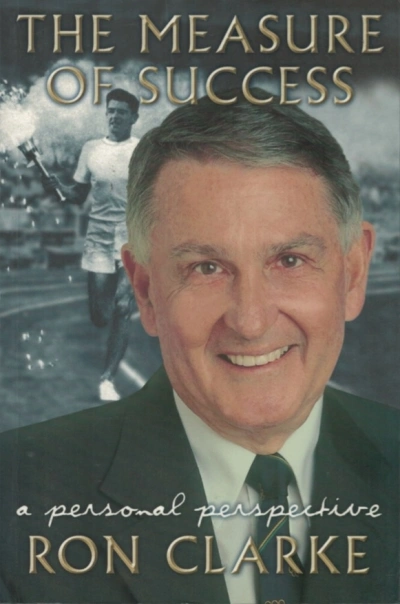Accessibility Tools
- Content scaling 100%
- Font size 100%
- Line height 100%
- Letter spacing 100%
Olympics
The Measure of Success by Ron Clarke & Cathy by Cathy Freeman (with Scott Gullan)
by Bill Murray •
Raelene by Raelene Boyle and Garry Linnell & Nova by Nova Peris with Ian Heads
by Amanda Smith •


